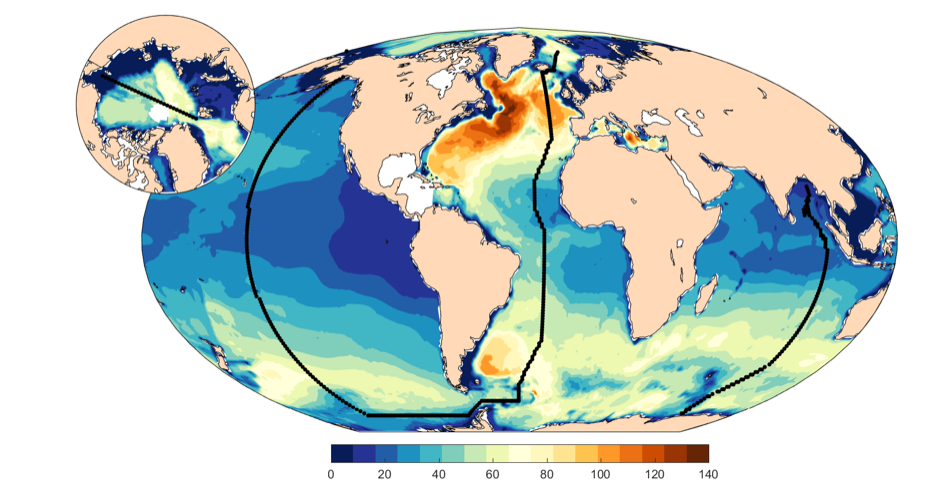Revisiting ocean acidification for UNEP
By taking up CO2, the oceans slow down the pace of climate change. But this invaluable service of the oceans comes at a cost. Are Olsen, Nadine Goris, Siv Kari Lauvset and Ingunn Skjelvan are revisiting the problem of ocean acidification in a new Foresight Brief published by the UN Environment.

Main content
In a short and handy format, in an all-audience language, the new Foresight brief summarizes new findings and results on the situation of ocean acidification. Are Olsen, Nadine Goris, Siv Kari Lauvset and Ingunn Skjelvan write:
“We are able to document the ocean CO2 uptake and acidification because the global science community has made systematic measurements in the oceans over the past decades. The data clearly show that CO2 levels are increasing and pH is decreasing. In particular, time series stations, where observations are made several times each year, show that in the surface ocean, CO2 is increasing at approximately the same rate as in the atmosphere and pH follows suit.”
Read the Foresight online here, and find a downloadable pdf here
“The total amount of anthropogenic CO2 in the ocean can be determined from the measurements. It is now approximately 620 gigatons of CO2, which corresponds to 27% of the total emissions from 1800 to 2016”
The Foresight brief summarises important findings and results on observations of ocean carbon uptake and acidification, future projections, ecosystem impacts and possible consequences for marine food resources, and is based on research at the Bjerknes Centre and from the research community at large.
– It is both an overview and an introduction to the theme of ocean acidification at large. We are not only presenting our own activities, but are also giving an overview of various other sides of the ocean acidification problem, like effects and impact that are studied at other research communities, Ingunn Skjelvan, researcher at Norce and the Bjerknes Centre, says.
– We are happy to contribute to such an overview that is also spread in the UN system, Are Olsen, professor at the Geophysical Institute and Bjerknes Centre, adds.
This is also publised at the web-pages of The Bjerknes Centre for climate research.
